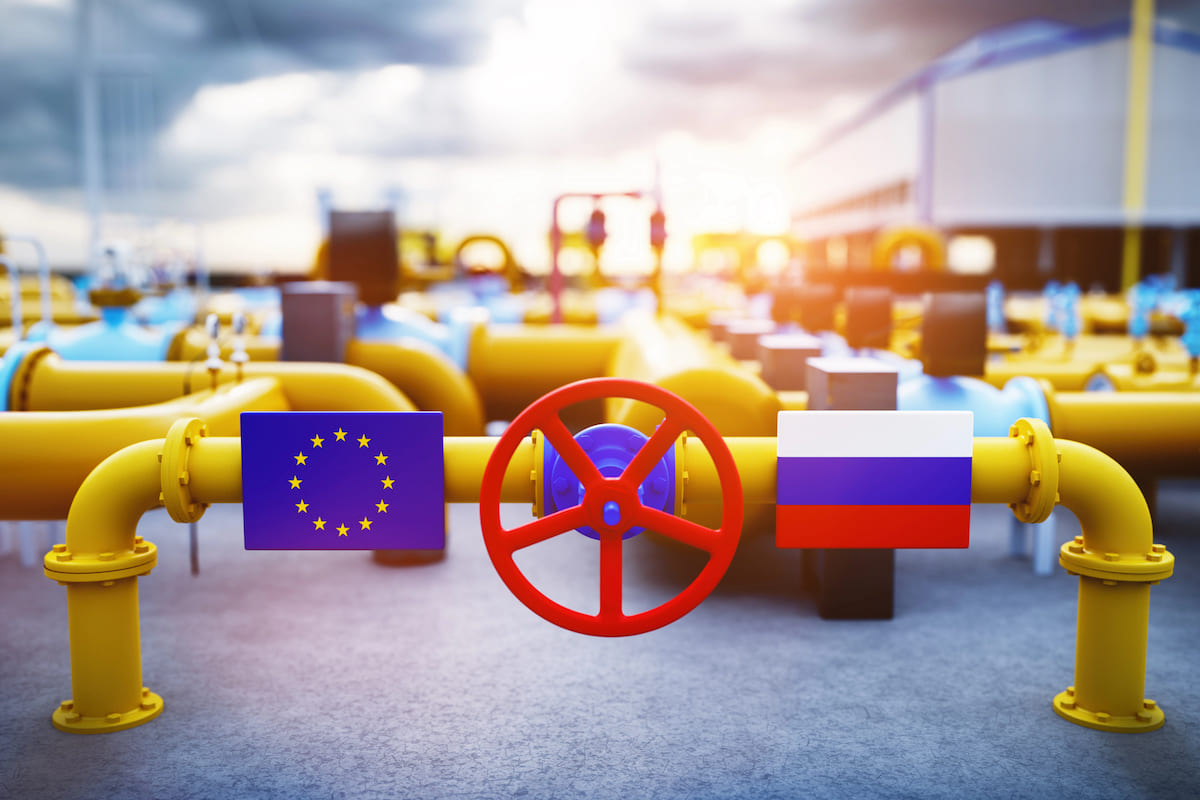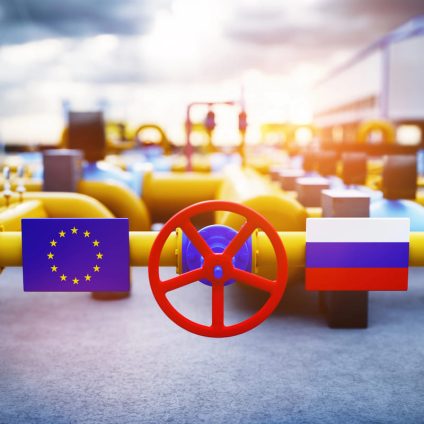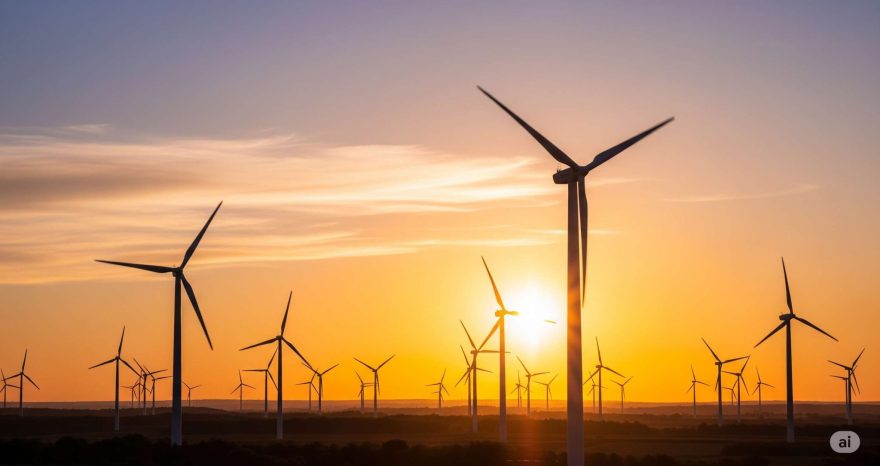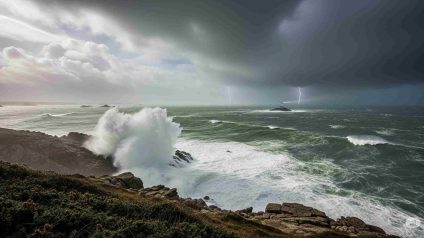The EU begins the phase-out of Russian gas with a full import ban by 2027 targeting energy independence through a gradual and coordinated exit strategy
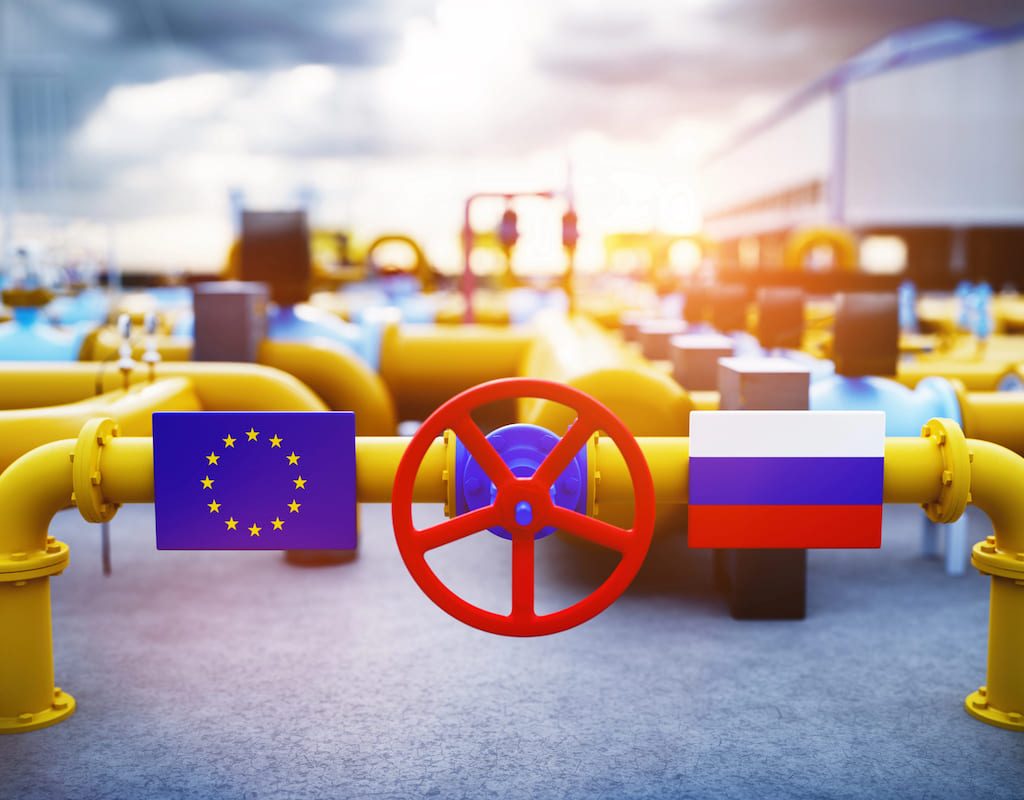
The European Commission has released a proposed regulation to gradually eliminate imports of Russian gas and oil across the EU. The first bans will take effect in 2026, with long-term contracts facing a full stop by 2028.
First regulatory step under the REPowerEU roadmap
The European Union is moving to cut its energy ties with Russia for good. As outlined in the REPowerEU roadmap published last month, the Commission has now issued its first regulatory proposal to phase out Russian gas. The 35-page regulation, plus annex, lays out clear deadlines and supporting actions for a managed exit from fossil fuel imports.
“Russia has repeatedly tried to blackmail us by weaponizing its energy supply,” said Ursula von der Leyen, President of the European Commission. “We are taking decisive action to shut off that tap and end the era of Russian fossil fuels in Europe, once and for all.”
A long legacy of EU energy dependence
Europe’s dependency on Russian energy has been built over decades. Even after the outbreak of hostilities in Ukraine in 2014, the trend continued. In fact, 2015 saw the signing of the Nord Stream 2 agreement between Gazprom and several major European energy companies.
This shortsighted strategy led the EU to rely on Russia for as much as 45% of its imported gas—both pipeline and LNG. But the full-scale invasion of Ukraine and the subsequent trade repercussions exposed the EU’s deep vulnerability to supply disruptions and price volatility.
Reversing course hasn’t been easy. The energy crisis hit both industry and households hard. Yet the EU has significantly reduced its dependence: by 2024, gas imports from Russia dropped to 19%, with projections showing a further decline to 13% in 2025 as pipeline flows through Ukraine are expected to stop. Russian oil imports, once 27% of the EU’s total in early 2022, fell to just 3% in 2024. Coal imports have been banned outright.
“Despite these advances, Russian gas and oil still remain in the EU energy mix,” the Commission stated. In fact, last year alone, Russian gas imports saw a rebound—totaling 52 billion cubic meters (32 via pipeline, 20 via LNG) delivered to the European market.
A coordinated EU strategy for energy independence
To address this vulnerability, on May 6 the European Commission adopted a roadmap for phasing out gas, oil, and even nuclear fuel originating in Russia. The new regulation is the first concrete step of this coordinated strategy.
The proposal aims to reshape Europe’s energy trade relations with Russia. It includes a ban on importing Russian natural gas—whether directly or indirectly exported from the Russian Federation—and prohibits EU LNG terminals from offering services to Russian clients. “The proposed regulation sets out a gradual phase-out to maintain market stability and security of supply,” the Commission noted.
Timeline and targets for the phase-out of Russian gas

The regulation outlines a detailed transition timeline to ensure the EU’s energy market remains stable during the shift:
- Short-term contracts signed before June 17, 2025, and unchanged afterward will be banned from June 17, 2026.
- Long-term contracts signed before June 17, 2025, will be phased out by January 1, 2028.
The same transitional period will apply to short-term pipeline gas contracts with Russian suppliers that currently serve landlocked EU countries—such as Austria and Hungary—that may face rerouted supply pathways tied to long-term agreements.
“The Commission will work closely with all member states, particularly those who may face challenges. No country will be left without energy because of this proposal,” said Dan Jørgensen, EU Commissioner for Energy and Housing.
Additionally, services at EU LNG terminals for Russian-controlled clients will be banned starting January 1, 2026. For long-term contracts signed before June 17, 2025, the ban will take effect on January 1, 2028.
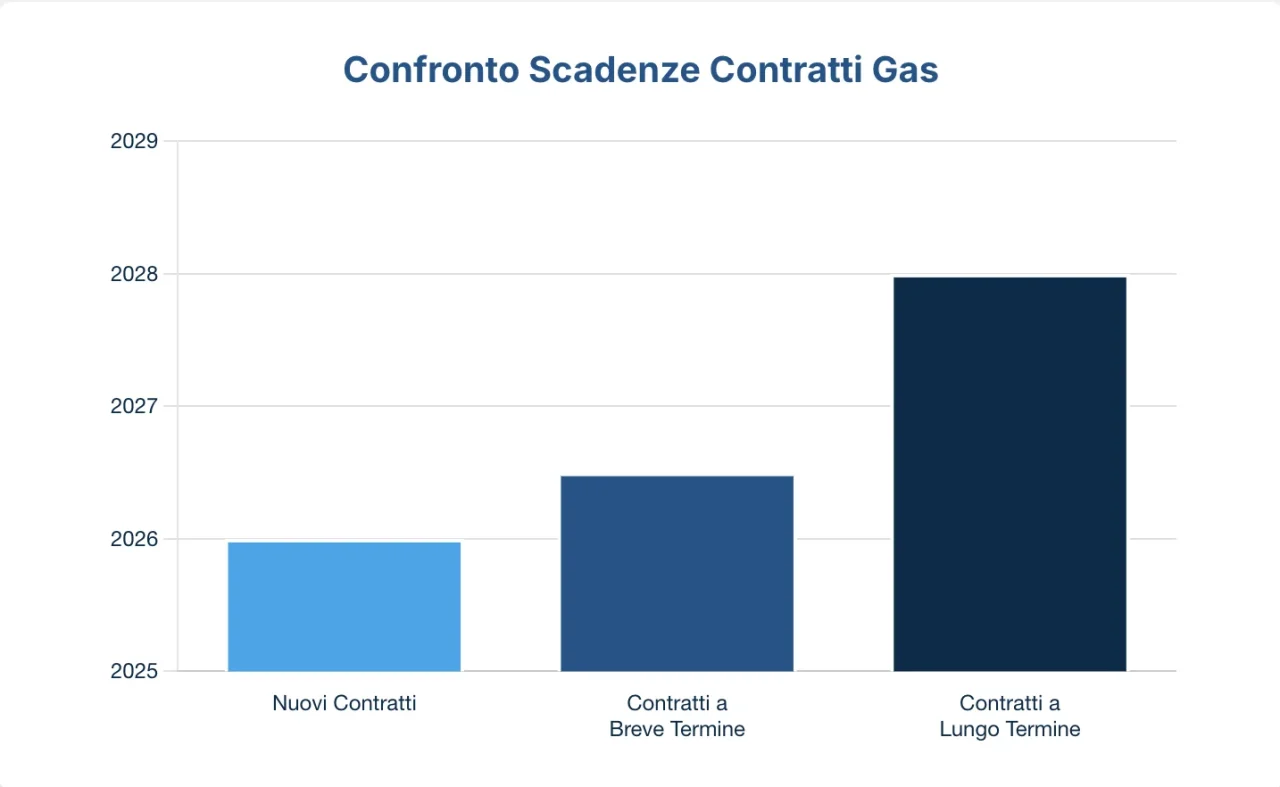
National transition plans and compliance requirements
To ensure a smooth and structured transition away from Russian fossil fuels, EU member states will be required to submit national diversification plans by March 1, 2026. These plans must include:
- Current import volumes under existing contracts
- Alternative supply routes and sources
- Technical, legal, or commercial challenges to diversification
The European Commission, together with the EU Agency for the Cooperation of Energy Regulators (ACER), will monitor the rollout and track progress across the bloc.
Meanwhile, all importers of Russian gas will be required to disclose contract details to both national authorities and the Commission, including:
- Contract volumes and any “take-or-pay” or “delivery-or-pay” flexibilities
- Signing dates and contract durations
- Identities of contractual parties, producers, and countries of origin
- Ports of loading, delivery points, and schedules (for LNG deliveries)


